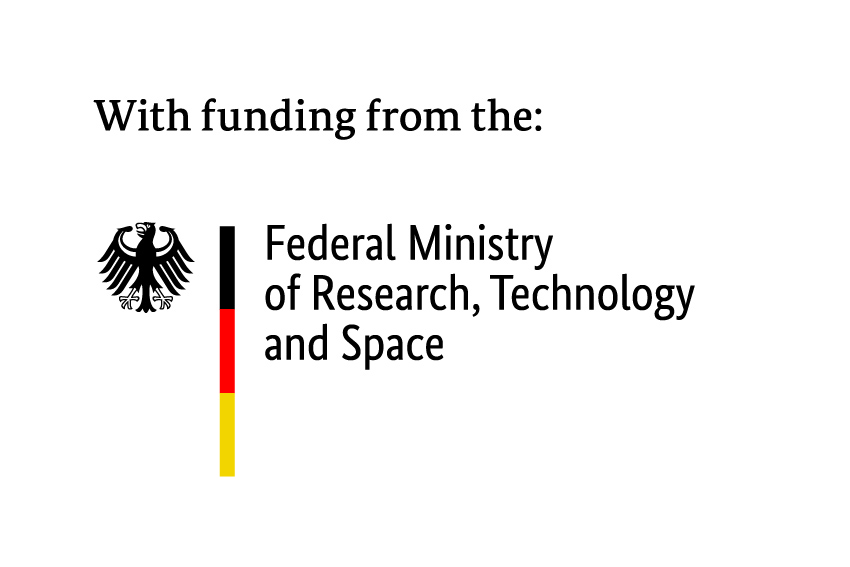Car-goNE City

Cargo Bikes and Neighbourhood Engagement in the 15-Minute City: Resident-Based Participatory Approaches to Implementing Effective Shared Bike Mobility for Increasing Accessibility and Reducing Car Use
The main objective of Car-goNE-City is to accelerate the transition of urban mobility towards active and shared modes of transport within the 15-minute city and to thoroughly examine the role of shared cargo bike mobility. The 15-minute city strategy focuses on the temporal proximity of functions and services that a city provides to its residents. It promotes active mobility by reducing motorized individual transport in favor of a livable city for all and thus relies on sufficiency strategies. Shared cargo bike mobility offers a potential building block as a socio-technical innovation to make people's everyday mobility more sustainable. The project takes an inter- and transdisciplinary approach from social sciences, economics, gamification, and participation, and involves cooperation with partners from four European countries - Sweden, Norway, Hungary, and Germany.